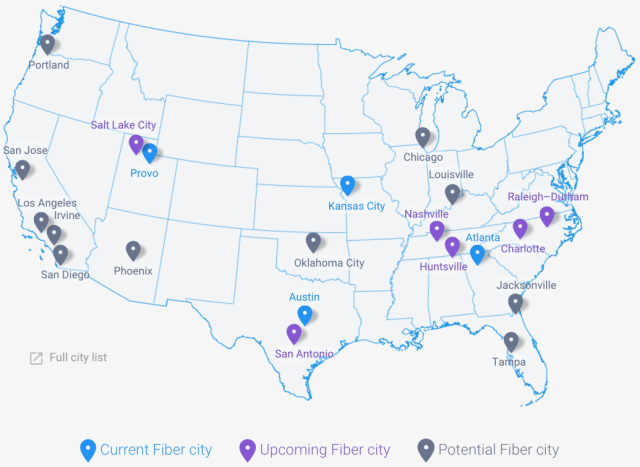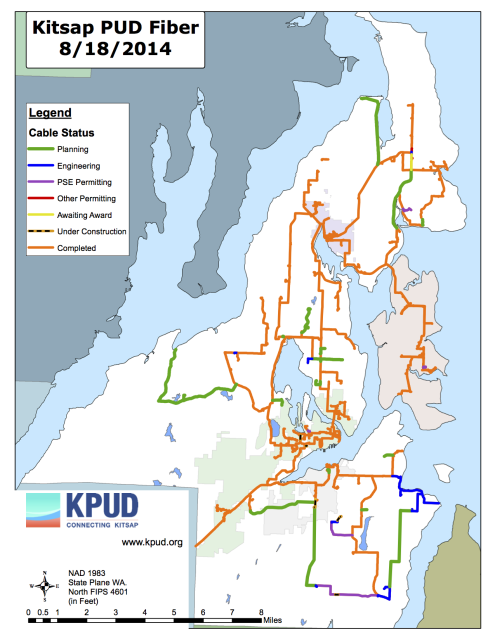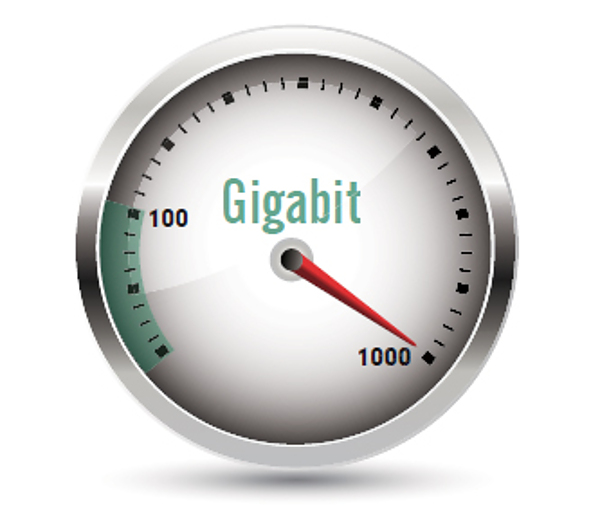Huntsville is doing it right. They can attract Google and other service providers to utilize their fiber infrastructure while seeing a modest return on investment. Citizens benefit from better services and price competition. I hope that more municipalities start utilizing this model.
by Jon Brodkin
Google Fiber said on Monday that it plans to bring its gigabit Internet service to Huntsville, Alabama. But instead of laying its own fiber, Google will offer service over a network that is being built by the city-owned Huntsville Utilities. Huntsville will lease space on the network to Google so it can offer Internet service. But it’s not an exclusive deal, so other Internet providers could offer broadband over the same fiber. Huntsville, a city of nearly 190,000 residents, has been planning the fiber build for more than a year.
City officials “see it as a low-risk investment, as compared to administering the gigabit Internet themselves, which would require a massive increase in personnel in an arena where they have limited expertise,” local news station WHNT reported today. Google Fiber should be available to the first Huntsville customers by the middle of 2017, but it could take a few years to extend service throughout the city, the report said. Continue reading









